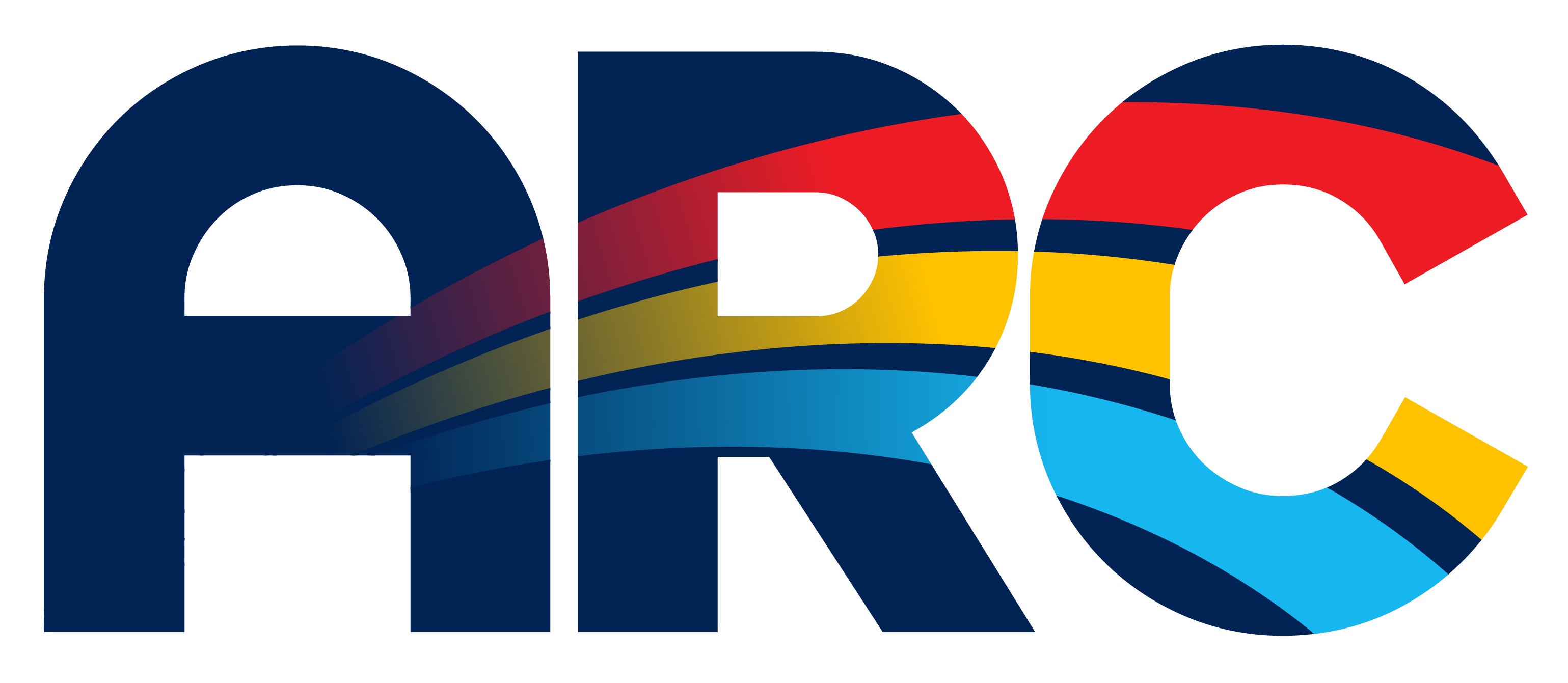Using iterative research interviews with Malagasy parents and teachers to improve educational opportunities for girls in rural Madagascar
Presenter Status
Graduate Student
Session
A-2
Start Date
14-5-2015 9:45 AM
End Date
14-5-2015 10:10 AM
Presentation Abstract
The Universal Declaration of Human Rights declares that “Everyone has the right to education”; however, in many developing countries children, especially girls are discouraged, denied, and even threatened if they attend school. Research shows that education for girls breaks the cycle of poverty, promotes economic growth, and reduces genital mutilation/cutting, spousal abuse and mortality (WHO, 2015; United Nations Children Fund, 2015). These challenges can continue into adulthood and across generations (WHO, 2015).
The importance of education varies by culture; this presentation will describe an iterative research project that included the analysis of interview data gathered during the May, 2014 Madagascar study tour. Using a semi-structured interview format, Andrews University students first conducted interviews with a small number of parents and teachers to better understand parents’ wishes for improving their children’s education. Following these interviews, students developed initial suggestions for improving rural Malagasy educational opportunities. They then presented these ideas to the parents and teachers, who informally critiqued the suggestions. Students then wrote a final report that analyzed the structures and social attitudes surrounding girls’ education. The report included recommendations for changes in Malagasy educational and social systems to create opportunities for girls to help them reach their full potential.
Using iterative research interviews with Malagasy parents and teachers to improve educational opportunities for girls in rural Madagascar
The Universal Declaration of Human Rights declares that “Everyone has the right to education”; however, in many developing countries children, especially girls are discouraged, denied, and even threatened if they attend school. Research shows that education for girls breaks the cycle of poverty, promotes economic growth, and reduces genital mutilation/cutting, spousal abuse and mortality (WHO, 2015; United Nations Children Fund, 2015). These challenges can continue into adulthood and across generations (WHO, 2015).
The importance of education varies by culture; this presentation will describe an iterative research project that included the analysis of interview data gathered during the May, 2014 Madagascar study tour. Using a semi-structured interview format, Andrews University students first conducted interviews with a small number of parents and teachers to better understand parents’ wishes for improving their children’s education. Following these interviews, students developed initial suggestions for improving rural Malagasy educational opportunities. They then presented these ideas to the parents and teachers, who informally critiqued the suggestions. Students then wrote a final report that analyzed the structures and social attitudes surrounding girls’ education. The report included recommendations for changes in Malagasy educational and social systems to create opportunities for girls to help them reach their full potential.



